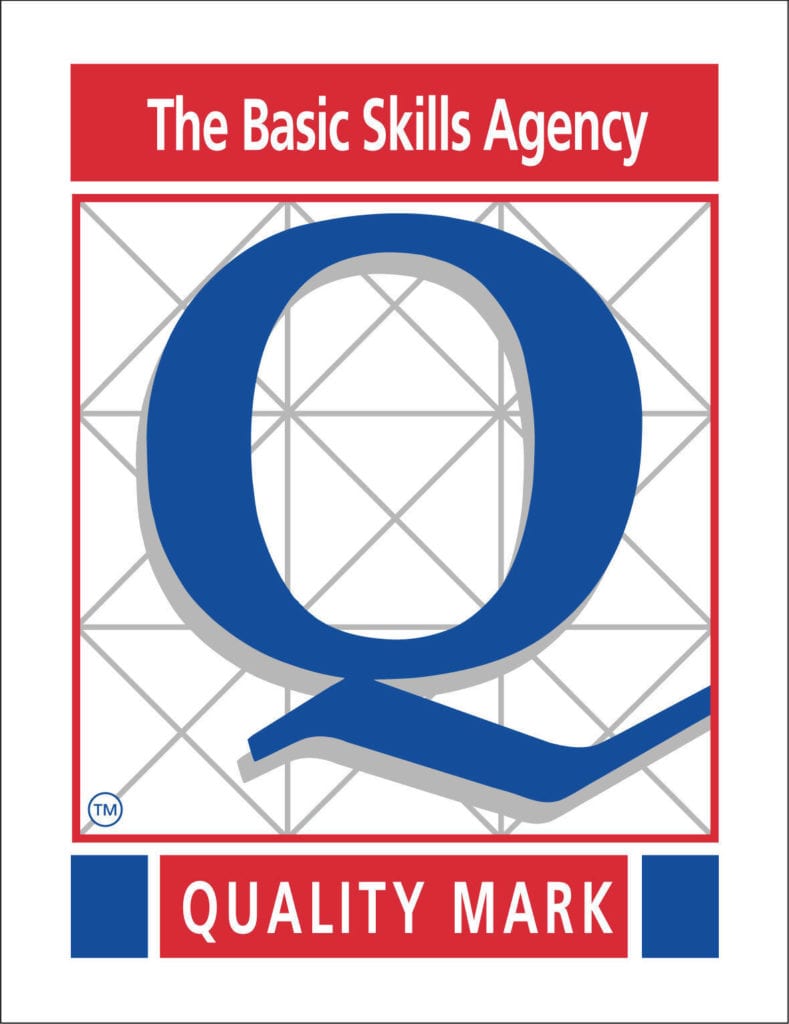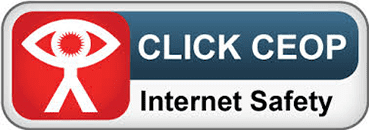Spiritual
- The school has a supportive Christian ethos where pupils can be individuals, develop respect for others and be respected themselves. Christian values underpin all aspects of the school’s work
- We offer pupils the opportunity to develop a sense of purpose based on agreed Christian Values
- Pupils are encouraged to be reflective during collective worship and in R.E and PSHE lessons
- The school follows the Durham Agreed syllabus for R.E and this is supported by other curriculum areas
- Celebration assembly enables pupils to share and celebrate their and other pupil’s, successes and achievements. Celebrating talents allows pupils to develop a sense of self
- Pupils take part in prayer and are helped to reflect on how biblical messages are relevant to their lives today
- Pupils visit special places e.g. St Mary’s Church Shincliffe and Durham Cathedral
- We have a rich and varied curriculum and seek to develop creative and imaginative responses to art and music. Pupils are encouraged to explore and develop that which animates them
- During the school day there is time for peace, happiness, tranquility
Moral
- A clear moral code provides the basis for behaviour and this is promoted consistently through all aspects of school life
- Policies and curriculum planning provide opportunities for children to explore questions of right and wrong and explore moral codes. Pupils and staff discuss the outcomes and consequences of actions
- Pupils regularly raise funds for related charities and understand what is happening in other parts of the world
- Pupils feel comfortable to express their views and show good sportsmanship
- Children participate in community projects such as planting with the Parish Council
- The school environment, through display etc., reinforces the values of the school community
- School rules, rewards and sanctions are clearly defined and understood
- Staff and older children act as role models during everyday life
- We teach the difference between right and wrong and adults consistently model, through the quality of relationships in school, fairness, integrity, justice, respect and conflict resolution
- Class rules are drawn up by the children and teacher at the beginning of the year
- Code of conducts are used for internet safety and bullying and shared with parents
- The getting along scheme this is used to support children in school
Social
- We foster a sense of community and our pupils are tolerant and respectful of difference. We promote equality
- We take opportunities to help those less fortunate than ourselves. Among others, we support, Children in Need, the Durham Foodbank and Christian Aid
- New pupils adjust well to the school and are firmly accepted by their classmates
- We develop our pupils’ leadership skills and give them opportunities to exercise responsibility: for example through the School Council, Playground Leaders, Worship Committee and Junior Librarians
- Buddy schemes – children in Year 6 are buddies to children in Reception, Y1 and Y2 in order to help them at lunchtimes and playtimes
- Children in Y6 are buddies with children in Year 2 to support them with their reading
- Children in Year 5 are Maths buddies with children in Year 3
- Playground leaders – several children are trained in playground leadership – they promote fair play and introduce games to the children at break times
- School Council – meet half termly to look at ways to improve our school
- A range of afterschool clubs are offered and are usually oversubscribed
- Residential trips are offered in upper KS2 to promote positive corporate experiences
- Pupils join with other pupils from local schools to participate in sports contests and collaborate in teams to compete against other clusters of schools
Cultural
- Termly International Days allow pupils the opportunity to explore their own cultural assumptions and values
- We have links with schools throughout the world and hold the International Schools Award
- Regular visitors from around the world and a visit to France to visit our partner school, extend pupils’ knowledge and use of cultural imagery and language
- We recognise and nurture pupils’ particular gifts and talents. All are encouraged to be the best that they can be
- We provide opportunities for pupils to participate in literature, drama, music, art, crafts and other cultural events and encourage pupils to reflect on their significance
- We develop partnerships with outside agencies and individuals to extend pupils’ cultural awareness, for example, theatre, museum, concert and gallery visits, resident artists and foreign exchanges
- We reinforce the school’s cultural values through displays, posters, exhibitions etc







